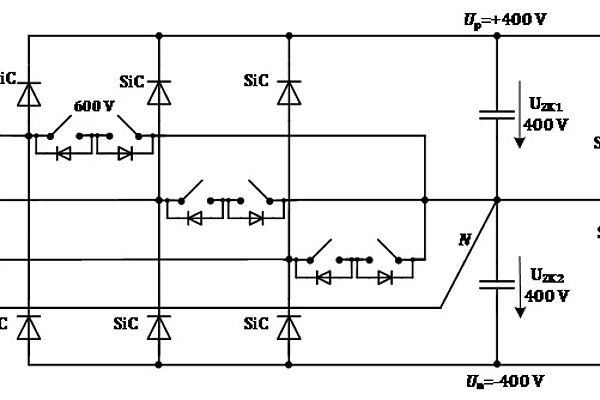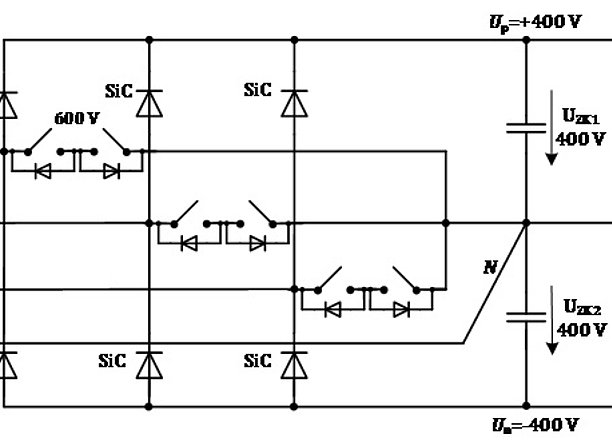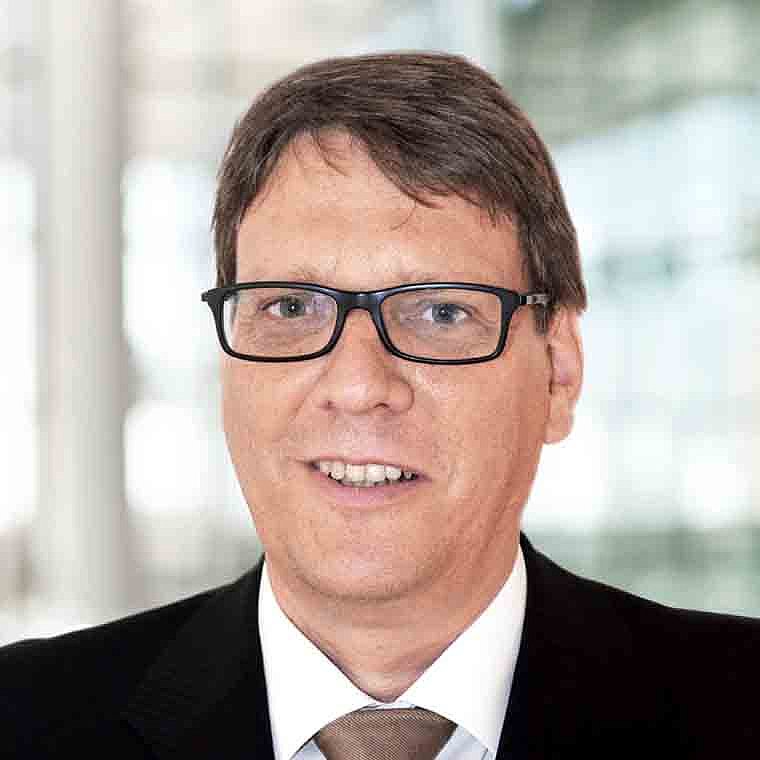Intelligent charging for electric vehicles - Common-mode-free three-phase non-isolated on-board chargers
Ref.-No. 5629
Keywords: Electromobility, Charging circuit, three-phase, common-mode-free, unidirectional on-board-Loader
Short charging times are essential for the acceptance of battery-powered vehicles. As a result, three-phase on-board chargers are increasingly being installed in electric vehicles as they significantly reduce charging times compared to single-phase charging circuits.
However, conventional three-phase on-board charger circuits (OBC) inherently generate significant common-mode interference that can disrupt the functionality of other electronic devices. Electrical isolation in the power path and distinct EMC filters are usually required to manage this interference in accordance with the standards. The problem: The material costs of the isolating power circuits, as well as their electrical operating losses, are higher than for non-isolated circuits, which also enable reductions in weight. The same applies to the filters used. The invention is based on the modification of a basic circuit in the OBC power path – this makes it possible to do without the isolating power circuit including the power transformer and replace it with a simple non-isolated DC/DC converter. Savings can also be achieved with regard to the EMC filter, thus enabling the power density and efficiency of the OBC to be increased. The invention additionally allows for the full use of 650V switches such as silicon MOSFETs or, in the future, GaN transistors.
Competitive Advantages
- Reduction in material costs
- Efficiency increase
- Weight reduction
- Simple circuit concept
- Low parasitic effects
- Prevention of common-mode interference
Commercial Opportunities
All battery-based electric vehicles, be it EVs (electric vehicles) or plug-in hybrid EVs (PHEVs), could use this circuit method in the future. Major car manufacturers and suppliers of charging components are currently working on efficient charging concepts for electric vehicles to reduce charging times and costs (material and electrical operating losses) and to increase range, including by reducing weight.
Current Status
An application has been submitted to the Deutsches Patent- und Markenamt (German Patent and Trade Mark Office). Further foreign applications may be submitted within the binding period of a PCT application.
On behalf of Paderborn University, we offer interested companies the possibility of licensing and the further development of the technology. Using the created prototype, it was also possible to demonstrate the functionality of the technology with measuring equipment.
—
An invention of Paderborn University.




